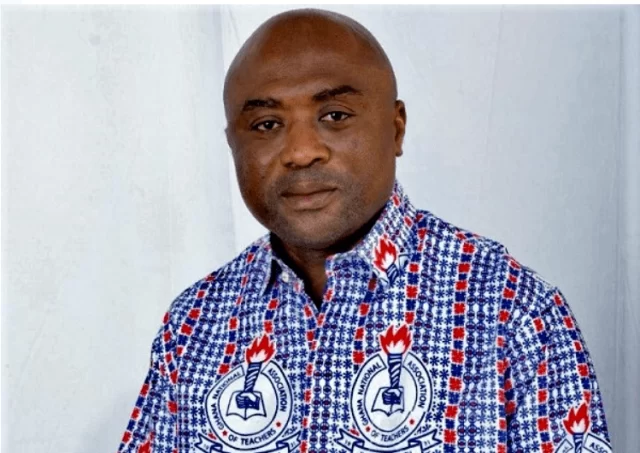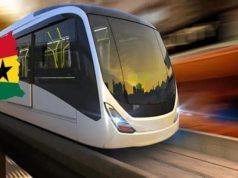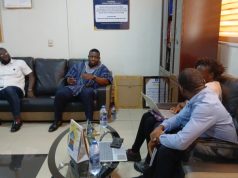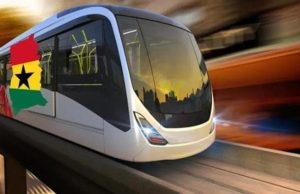The General Secretary of the Ghana National Association of Teachers (GNAT), Thomas Tanko Musah, has expressed dissatisfaction with the outgoing President Akufo-Addo’s handling of the country’s economy, urging him to acknowledge the economic struggles faced under his leadership.
Musah’s comments came in response to President Akufo-Addo’s final State of the Nation Address (SONA) delivered on January 3, 2025, where the President emphasized Ghana’s economic recovery and significant improvements such as a GDP growth of 7% and over $8 billion in gross international reserves.
While the President hailed these figures as indicators of a rebounding economy, Musah pointed out that they did little to address the real challenges Ghanaians have been grappling with—especially the rising cost of living and the erosion of workers’ wages due to persistent inflation. The GNAT leader argued that the economic hardships faced by ordinary Ghanaians, particularly in education and healthcare, were not adequately reflected in the government’s positive economic indicators.
“Mr. Musah emphasized that while the statistics may look favorable on paper, they do not translate into an improved daily life for most Ghanaians,” he said. “We are hoping that the incoming President, John Mahama, will take quick action to address the economic situation. No one will say that the current economic situation is the best.”
Musah specifically called for the incoming administration to prioritize economic stability and job creation, stressing that the youth, in particular, have been left behind in the current environment. The GNAT General Secretary suggested that President-elect Mahama engage with key institutions such as the Association of Ghana Industries (AGI) and the Ghana Employers’ Association (GEA) to foster job creation and economic growth, especially as the public sector has become increasingly saturated.
“Beyond appointing his cabinet ministers, the incoming President must engage with business leaders to create jobs. The public sector is choked, and only through collaboration with the private sector can the country’s economy thrive,” he said.
In his recommendations for the new administration, Musah also proposed that President-elect Mahama hold regular media engagements to receive direct feedback from the public. This, he argued, would help the President remain in touch with the realities facing everyday Ghanaians and navigate the challenges of leadership effectively.
“Every year, the President should meet the media at least three times to get feedback from the people. The President must be able to maneuver through the three types of people who often surround him: the wicked, the selfish, and the naive,” he advised.
Musah’s comments underscore the heightened expectations surrounding Mahama’s return to office. With the overwhelming support he received in the recent elections, the public is hoping for tangible improvements in the country’s economic conditions. Whether Mahama can deliver on these expectations will be a crucial factor in the success of his second term. The challenge ahead for him is clear: move swiftly to tackle the economy and fulfill the promises that so many Ghanaians are counting on.
Send your news stories to newsghana101@gmail.com
Follow News Ghana on Google News

















